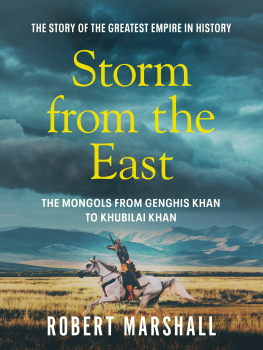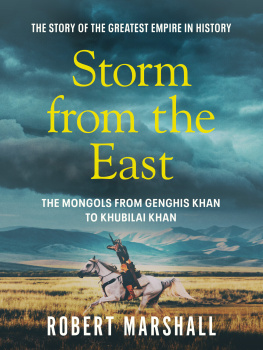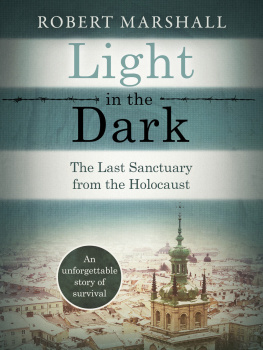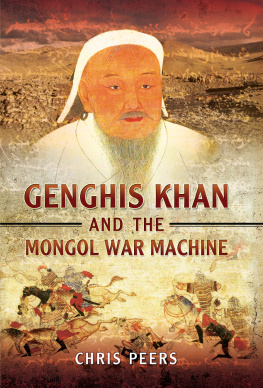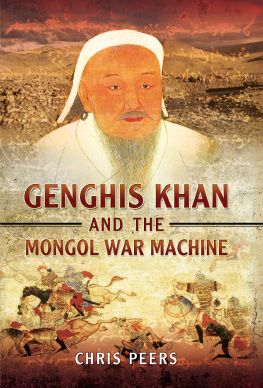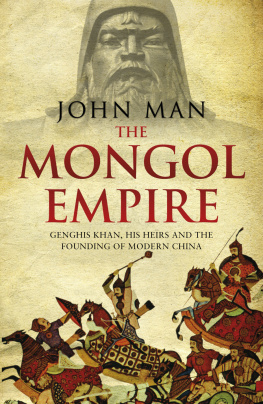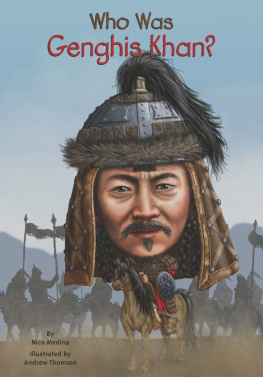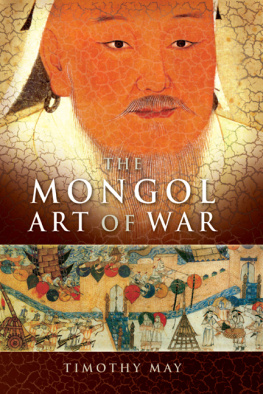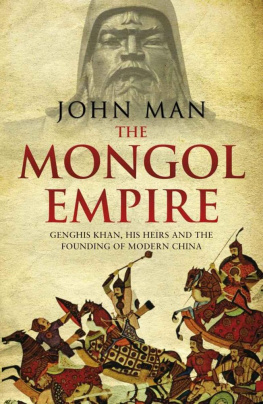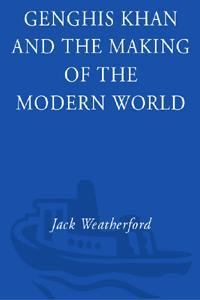Storm from the East
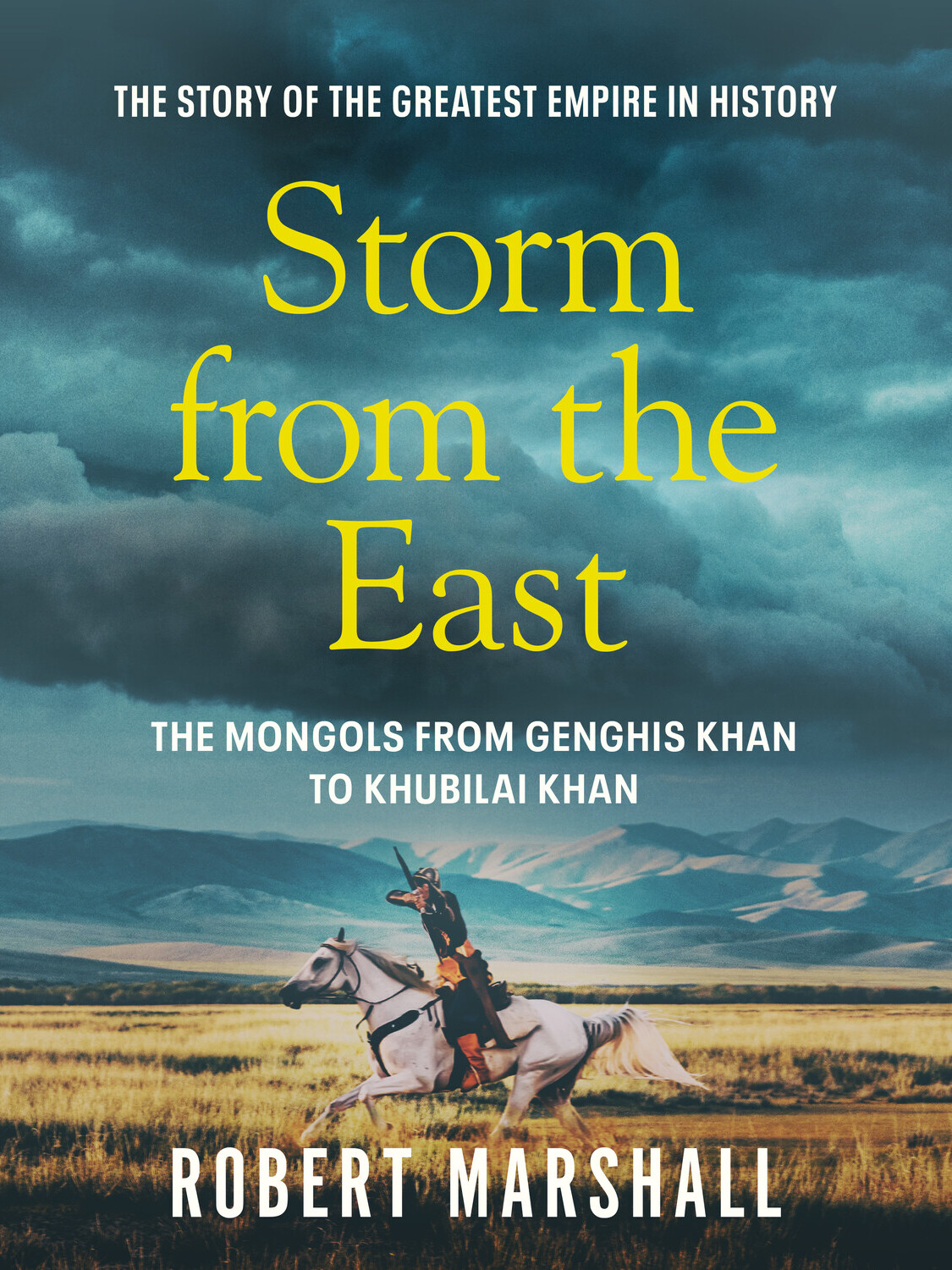
Dedication
To the memory of Bruce Norman
Acknowledgements
This book is largely a product of the work done by a great many people who came together to work on the television series Storm from the East, the inspiration for which came from my colleagues at NHK Television in Japan. Over the course of the past two years, we have shared and learned a great deal together, and I want to give credit to their contributions. First of all, Mr Takashi Inoue whose determination ensured the project happened at all. I would also like to acknowledge the work of Hisashi Anzai, Sanji Eto and Nobuya Yamamoto. I especially want to thank my colleague and now friend, Tomohito Terai, for his dedication, enthusiasm and indomitable spirit of co-operation.
I am, of course, deeply indebted to everyone who worked on the series here in London. Their contribution has been enormous. I want to mention, in no particular order, John Slater, Vivianna Woodruff, Jo Langford, Susan Vogel, Angela Moonshine, John Adderley, Ron Brown, Paul Dawe, Mike Burton, Sheila Ableman, Martha Caute, Joanna Wiese, Paul Snelgrove, Harry Green, and, especially, Habie Schwarz for her invaluable scholarship and imagination.
Naturally, I have relied a great deal on the contribution of our academic advisers, and their enthusiasm for the series has been a great encouragement. I want to acknowledge the work of James Chambers for his insight into Mongol military matters, Dr Morris Rossabi for his work on Khubilai, and Drs Reuven Amitai-Preiss, Peter Morgan and Judy Kolbas for their advice on the Mongols in the Middle East. My deepest gratitude goes to our consultant, Dr David Morgan, author of The Mongols, for his guidance throughout and for patiently reading my manuscript.
Robert Marshall
London, 1992
CHRONOLOGY
?1167 Birth of Genghis Khan
1200 Accession of Ala al-Din Muhammad II, Khwarazm Shah
1206 Genghis Khan proclaimed supreme ruler of the tribes at quriltai in Mongolia
1209 Mongols invade Hsi-Hsia
1211 Mongols invade Chin empire of north China
1215 Chung-tu falls to Mongols
1218 Mongol troops occupy Qara Khitai empire
1219 Genghis Khan invades empire of the Khwarazm Shah
1221 Death of Khwarazm Shah
12213 Journey of Chang Chun from China to Genghiss camp
1223 Genghis Khan returns to Mongolia
1227 Death of Genghis Khan. Definitive conquest of Hsi-Hsia
1229 Election of Ogedei as Great Khan
1234 End of Chin resistance to Mongols
1235 Ogedei builds Qaraqorum, Mongol capital
123742 Batus campaigns in Russia and eastern Europe
1240 Kiev falls to Mongols
1241 Battles of Liegnitz and River Sajo. Death of Ogedei
12457 Journey of John of Plano Carpini to Mongolia
1246 Election of Guyuk as Great Khan
1248 Death of Guyuk
1250 Mamluks seize power in Egypt
1251 Election of Mongke as Great Khan
1252 Conquest of Sung empire begins
12535 Journey of William of Rubruck to Mongolia
1253 Hulegus forces set off for Persia
1255 Death of Batu, first Khan of Golden Horde
1256 Hulegu takes Assassin castles in north Persia
1257 Accession of Berke, Khan of Golden Horde
1258 Fall of Baghdad to Hulegu. Death of last Abbasid Caliph
1259 Death of Mongke
1260 Hulegu invades Syria, then withdraws. Battle of Ayn Jalut. Rival quriltais elect Khubilai and Ariq Boke as Great Khan: civil war ensues
12612 Civil war between Hulegu and Berke
1264 Khubilai victorious over Ariq Boke
1265 Death of Hulegu, first Ilkhan. Accession of Abaqa
1266 Building begins at new Mongol capital of China, Ta-tu (Beijing)
1267 Death of Berke, Khan of Golden Horde
1272 Khubilai adopts Chinese dynastic title, Yuan
1274 First Mongol expedition against Japan
1276 Hang-chou, capital of Sung empire, falls to Mongols
1279 Sung empire defeated
1281 Second Mongol expedition against Japan
1287 Rabban Sauma sent to Europe by Ilkhan Arghun
1294 Death of Khubilai
1295 Accession of Ghazan as Ilkhan. Mongols in Persia become Muslim
1304 Death of Ilkhan Ghazan. Accession of Oljeitu
1313 Accession of Ozbeg, under whose rule Golden Horde becomes Muslim
1335 Death of Abu Said, last Ilkhan of line of Hulegu
1346 Outbreak of Black Death in Mongol force besieging Kaffa, in the Crimea: from there it spreads to Europe
13534 Major outbreak of the disease in China
1368 Mongols driven from China by Ming forces
1370 Death in Qaraqorum of Toghon Temur, last Yuan emperor
CHAPTER 1: BIRTH OF A NATION
In the centre of the main square in Cracow stands St Marys church, considered one of the most important churches in Poland. Every hour on the hour, a trumpeter from the Cracow fire department presents himself at the balcony of the main tower and blows an alarm. This ceremony has taken place each day, almost continuously since the middle of the thirteenth century. It commemorates the destruction of the city, for the trumpeter is blowing a call to arms, a signal that the enemy has been sighted and is at the gates. As the trumpeter sounds his haunting melody he comes to an abrupt halt midway through the call at precisely the moment, so legend has it, when the Mongol arrow struck.
When the alarm was being sounded on that first occasion, more than 700 years ago, the population of Cracow were already abandoning the city, making for the forests beyond the city walls. Some days before, the Polish ruler Duke Boleslaw the Chaste had sent his army out to meet the invaders; but they were ambushed and the small Polish force was decimated under a hail of arrows. When the news reached Cracow, Boleslaw and his family gathered up all the wealth they could carry. With the remaining contingent of soldiers, they fled for Hungary, leaving the citizens to fend for themselves. When the main body of the invading army reached the city, they found the streets strangely quiet, and on 24 March 1241, Palm Sunday, Cracow was put to the torch.
THE FURY OF THE TARTARS
To the rest of Europe, the news of the sacking of Cracow seemed a terrible omen; an unearthly storm was sweeping away everything in its path. From Cracow the invader moved west to confront an allied European army of local mercenaries, Teutonic Knights, Knights Templars and Hospitallers the very flower of Europes chivalry. For the Europeans the battle was a complete disaster and within a few days a second great Christian army was destroyed. Bewildered medieval chroniclers could make no sense of it; confused by the lightning tactics of the invader, they consistently estimated his strength at four or five times their actual numbers. However, for the European commanders the experience had been a devastating lesson in warfare. At every major battle the invaders had been outnumbered and yet their generals constantly outmanoeuvred, out-thought and out-fought the Europeans. Their armies had operated like disciplined machines, co-ordinating a complex series of tactical moves with extraordinary precision. In the grand scheme of things, the Mongol armies had conducted a brilliantly complex campaign, carefully planned and executed from first to last from Poland to the Hungarian prairies.

